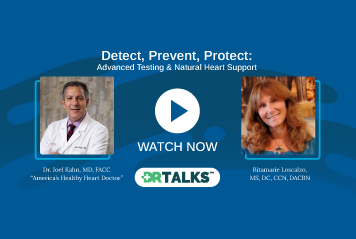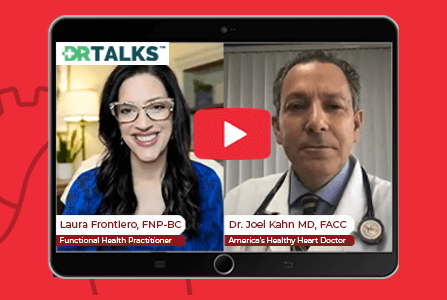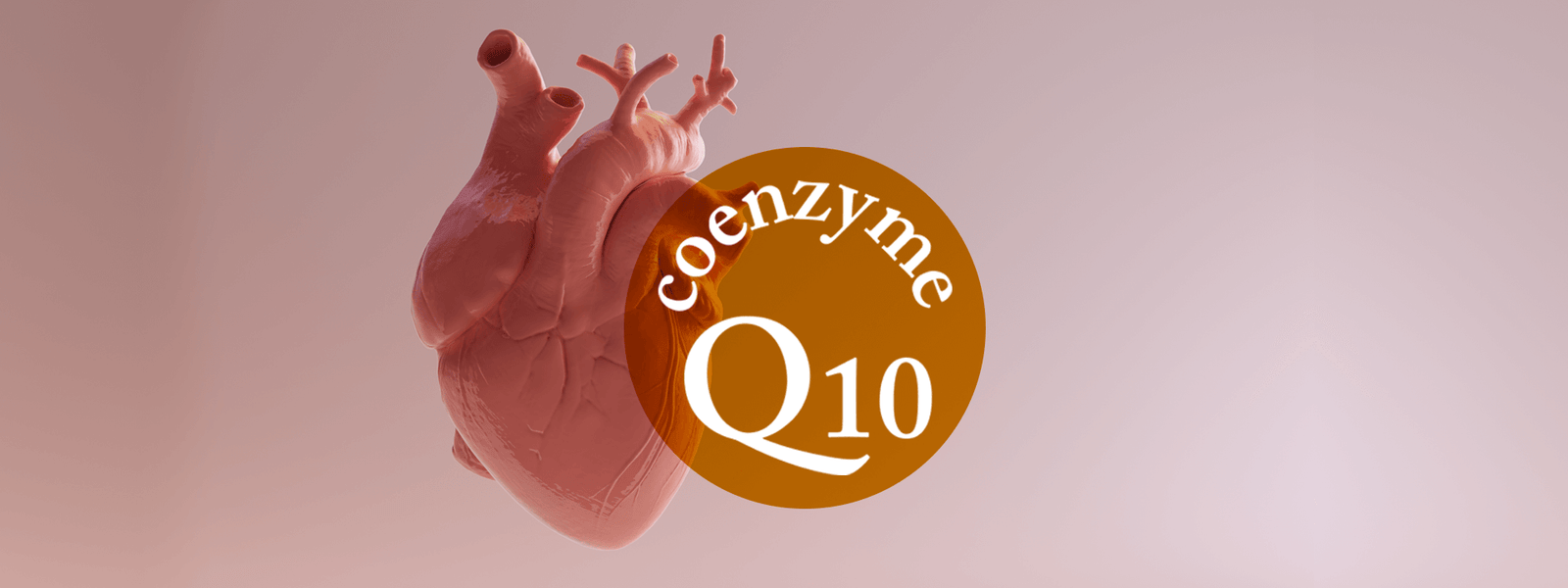Cardiovascular disease is the no. 1 killer of women globally, it has been considered the single biggest killer in the Western world. Statistics published by the American Heart Association in 2013 are alarming, that 85.6 million Americans have one or more forms of cardiovascular disease and on average, around 2200 Americans die of cardiovascular disease each day. Cardiovascular disease is the underlying cause of 1 in every 3 deaths in the US (1 402 204 in 2013).
In New Zealand, one in twenty one adults live with heart disease, it is also the leading cause of death (33%) in New Zealand (The National Heart Foundation of New Zealand).
Understand Your Risk with Blood Tests
Blood tests can help to diagnose a condition or to monitor someone who has already been diagnosed with a heart condition. It can measure the level of substances in your blood, such as blood fats (e.g. cholesterol and triglycerides) and minerals. Below is the list of the four tests for predicting your risk factors for heart disease:
- Cholesterol - both LDL and HDL
- Triglycerides
- C-Reactive Protein
- Homocysteine
If you are arranging these tests through your physician suggest that she/he also carries out other standard tests at the same time for Liver Function, Renal Function, carbohydrate metabolism, and if a male over 40, a PSA test and of course any other tests they may recommend.
There are also others such as Lipoprotein (a) and Apoliprotein A1 and B. They are useful tests if you find that your Cholesterol levels are out of line and you need additional data. Ask your physician about them if your cholesterol tests come up poor.
Understanding Your Cholesterol Test Results
Many people thought the amount of cholesterol in your bloodstream is directly related to your diet. While diet is one of the factors in influencing cholesterol levels, it is a relatively small one as over 80% of your blood cholesterol is manufactured by your liver.
A lot of people do not fully appreciate how essential cholesterol is for good health. This non-soluble waxy substance is what your body needs for making hormones, cell walls and nerve sheaths. It is transported around your body in two different forms.
- LDL or the 'bad' cholesterol
- HDL or the 'good' cholesterol
LDL transports the cholesterol to your cells whereas HDL travels around in your bloodstream picking up excess cholesterol and taking it back to your liver for reprocessing. Sort of like a garbage collector! Too much LDL creates the risk of clogging up your arteries which can lead to heart failure or stroke. Likewise not enough HDL will result in the same problem due to inadequate 'housekeeping'. Ideally you want your HDL score to be high and your LDL score to be low.
| Total Cholesterol Levels | LDL Cholesterol Levels ('bad') | HDL Cholesterol Levels ('good') |
|
Normal - Up to 199 mg/dL |
Normal - Up to 129 mg/dL |
Normal - No lower than 40 mg/dL |
What are Triglycerides?
Triglycerides are another major risk factor in heart disease. Excess levels will thicken your blood, make it 'sludgy' which in turn leads to a risk of clotting that in turn can cause a blockage which triggers off a heart attack or stroke.
It is now believed that the triglycerides/HDL ratio is one of the most important predictors of heart disease (more accurate than the LDL/HDL ratio,) with a study showing that those with the highest ratio of triglycerides to HDL having 16 times the risk of heart attack as those with the lowest ratio of triglycerides to HDL.
| Triglyceride Levels | Triglyceride : HDL Ratio |
|
Normal - Up to 199 mg/dL |
Normal – Anything under 3:5 |
Why C-Reactive Protein?
The presence of C-Reactive Protein in your blood indicates the presence of inflammation in your blood. Studies have shown that high levels of this inflammation is an accurate predictor of future heart problems. It was even concluded in a recent paper that CRP outperformed LDL cholesterol as a predictor of cardiovascular risk.
C-Reactive Protein Levels
Normal - Up to 3.0 mg/L
Optimal - Under 1.0 mg/L
What is Homocysteine?
Studies have established that around 10% of coronary deaths are caused as a direct result of excessive homocysteine. In these cases the victims were within the 'safe' limits of their blood lipid readings including cholesterol.
Homocysteine is an abnormal protein created by the metabolization of the amino acid methionine. In most people it is normally cleared out of the arteries quickly and is therefore not a problem... but with some people it does not and as such it should not be overlooked as it is a genuine marker of potential heart disease.
Interestingly, elevated levels of homocysteine result not from what you eat but rather from what you DON'T eat. Studies have shown that a deficiency of nutrients and in particular the B group of vitamins prevent your body from producing the enzymes needed that remove homocysteine from your blood.
Homocysteine Levels
Normal - Up to 15 micro mol/L
Optimal - Under 10 micro mol/L
Take action today
If you haven't already, remember to get your blood tested and maybe talk to your doctor. It is critical to address risk factors early in life to prevent heart issues and other potential complications of chronic cardiovascular disease.
For information on preventative measures, please read through our heart collection page for the best regimes for heart support and protection.


 Supplements
Supplements Bundles
Bundles

















